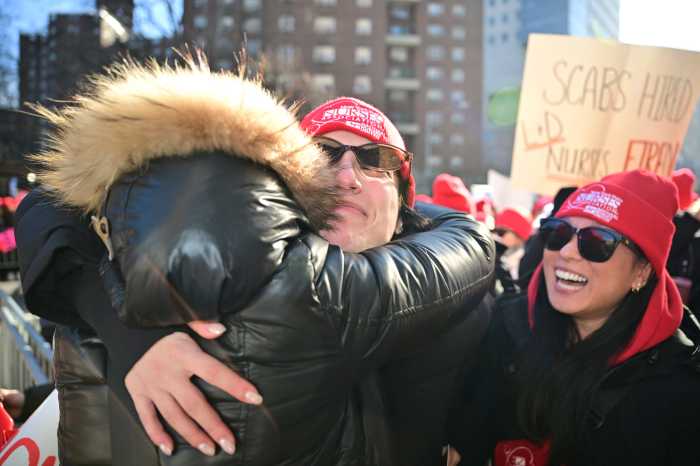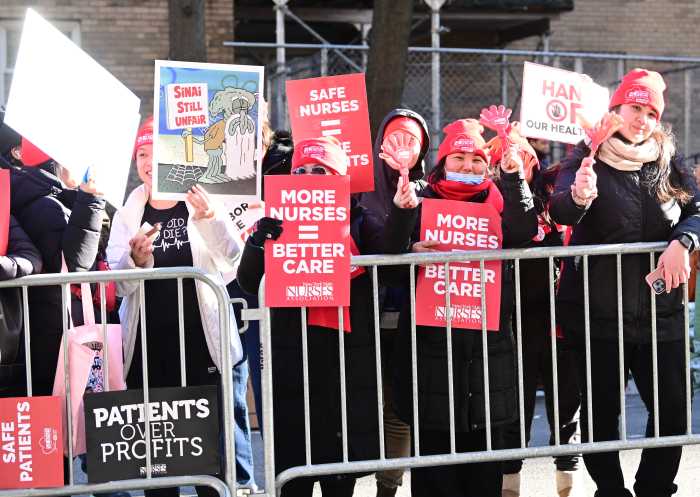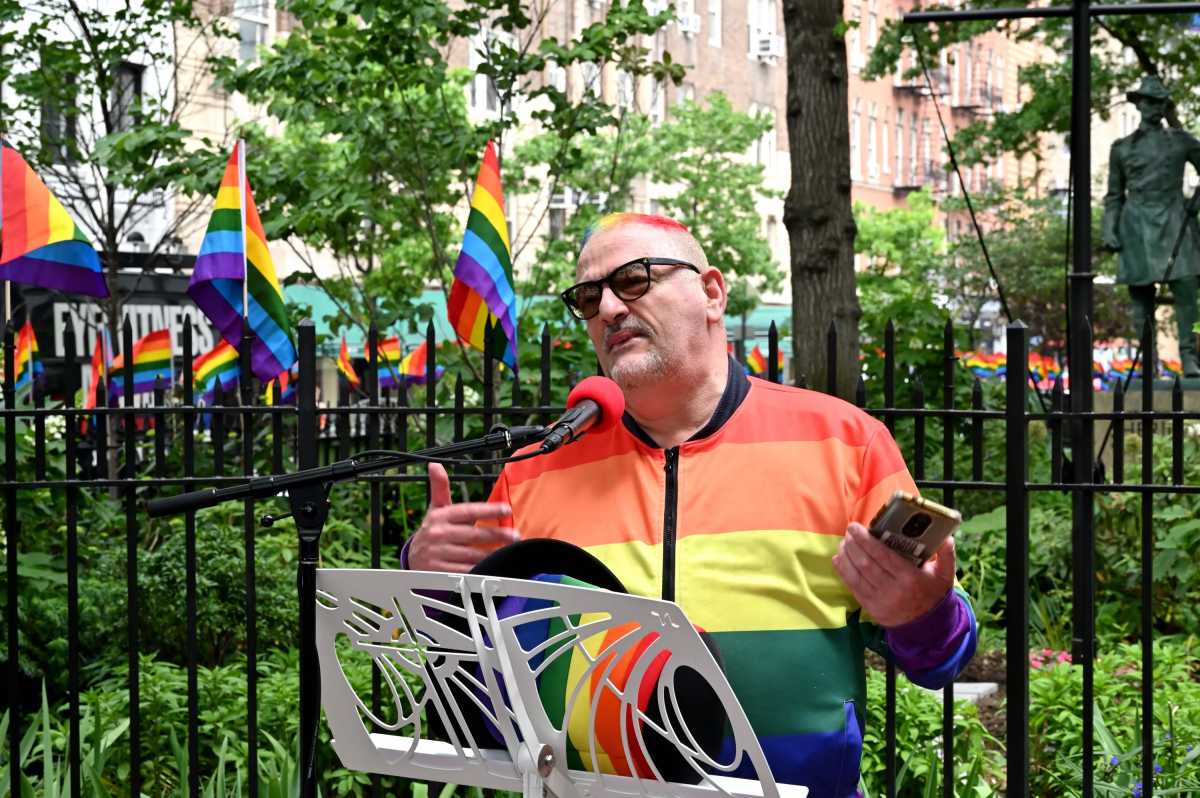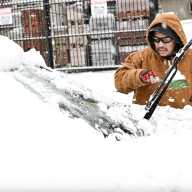The New York City Department of Health has confirmed that 58 people have been diagnosed with Legionnaires’ disease in Central Harlem and nearby neighborhoods since July 25, 2025. Three people have died. The outbreak is centered in ZIP codes 10027, 10030, 10035, 10037, and 10039.
On July 30, health officials initially reported 22 cases and one death. As of August 4, that number has more than doubled. The city says remediation is complete at 11 cooling towers that tested positive for Legionella pneumophila, the bacteria that causes Legionnaires’ disease.
The illness is a form of pneumonia that spreads by inhaling water vapor containing the bacteria, often from sources like cooling towers, plumbing systems, or showerheads.
“Anyone in these zip codes with flu-like symptoms should contact a health care provider as soon as possible,” said Acting Health Commissioner Dr. Michelle Morse in a Monday press release. “Legionnaires’ disease can be effectively treated if diagnosed early.”
April McIver, Executive Director of the Plumbing Foundation of the City of New York, said the outbreak should prompt the city to take more proactive steps. McIver, who works closely with lawmakers and agencies to strengthen plumbing safety standards, has been advocating for new legislation that would require routine testing and maintenance throughout entire building water systems, not just isolated sources.
“What we did was work with the New York City Council on legislation that would require buildings to have a comprehensive water management program,” McIver said. “This was a wake-up call. It happens almost every year. We need to be thinking about how to prevent it, not just how to respond.”
She said the legislation, which is currently in committee, would also require greater transparency from the Health Department when it identifies clusters of illness.
“This is a serious matter,” McIver added. “Our hearts go out to the families of those impacted. We need to do more to protect New Yorkers.”
City health officials continue to monitor the situation and urge anyone experiencing cough, fever, chills, or shortness of breath—especially those over 50 or with preexisting health issues—to seek medical care immediately.




































